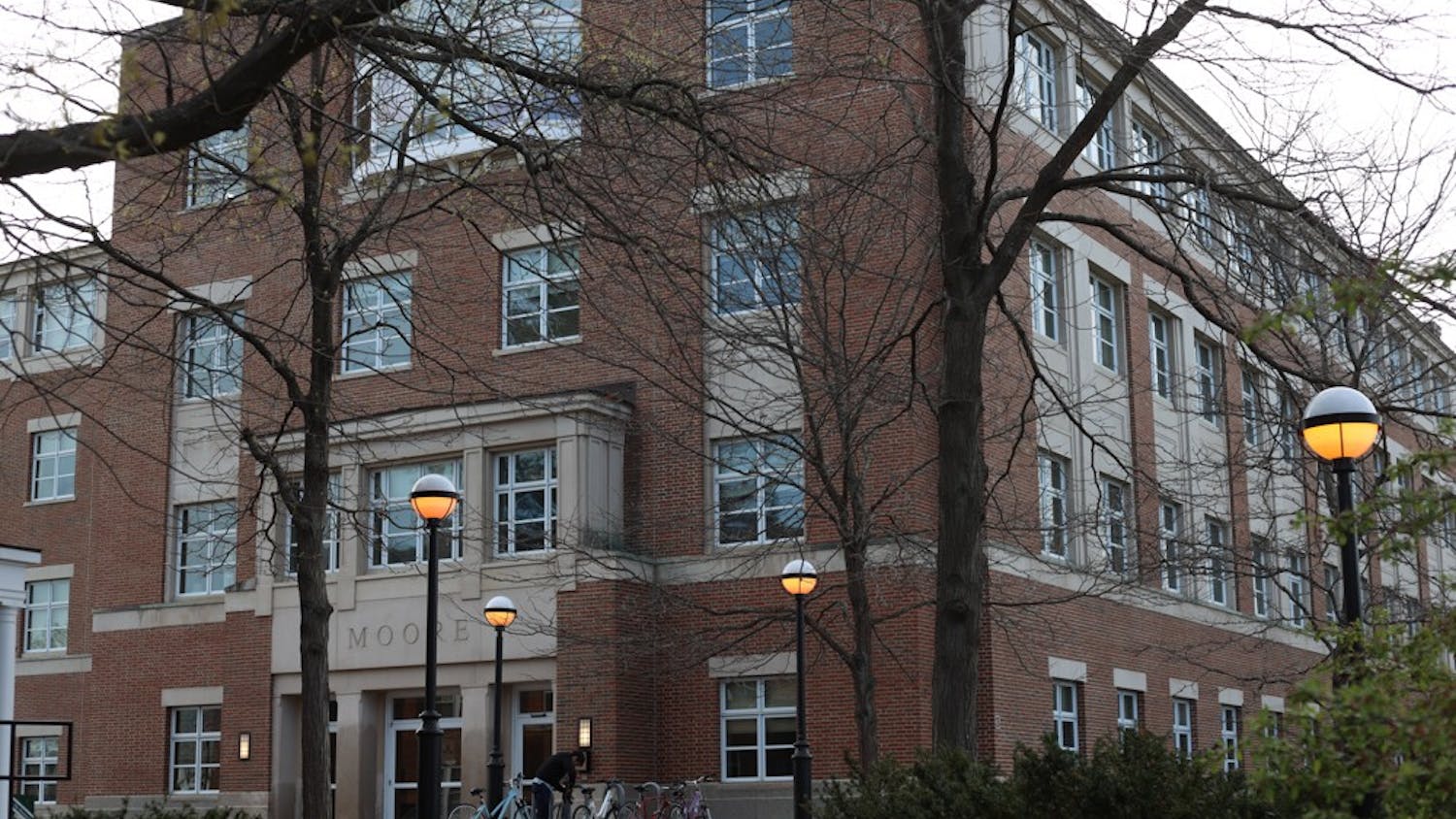Four potential class members in the sexual harassment class action lawsuit against Dartmouth have opted out of the settlement class, forgoing their allotment of the $14 million awarded in the case’s settlement last year.
According to discrimination and civil rights lawyer Bruce Fredrickson ’73, the two most likely reasons for potential class members to opt out of the class are that they might feel the settlement is “inadequate” monetarily and choose to pursue a larger individual claim, or that while they fit the class definition, they did not personally experience harassment and therefore might not consider it appropriate to accept part of the settlement.
The lawsuit, originally filed by seven plaintiffs in November 2018, alleged that Todd Heatherton, William Kelley and Paul Whalen — three former professors in the psychological and brain sciences department — engaged in sexual misconduct for several years and that the College did not act on allegations against them. In August, the College reached an out-of-court settlement awarding $14 million to the class of roughly 90 potential class members, a uniquely large class for a sexual harassment lawsuit.
This case’s class is defined in the settlement as women who, as graduate or undergraduate students, worked in the department or with the professors over a period of several years and “will attest that they experienced dignitary, emotional, educational and/or professional harm during this period as a result of the misconduct of one or more of the Three Former Professors.”
Typically, when the plaintiffs win a class action lawsuit, the defendant pays an agreed-upon settlement that is split equally between the members of the class.
The settlement in this case notes that those who remain in the class will not be able to bring independent claims against Dartmouth or discuss the “factual circumstances that were or could have been asserted in this lawsuit.” Class members choosing to pursue individual claims need to prove independently that they were affected by the professors’ misconduct.
The identities and any personally identifiable information of the four potential class members who chose to opt out of the settlement have been redacted from all public documents in order to protect their identities and prevent any further connection between them and the case.
Amanda Geduld ’15, one of the potential class members who now works as a high school teacher, said that she intended to opt out of the settlement but missed the deadline to do so because her “world kind of got wrapped up in other things,” as the school where she works transitioned to an online format amid the COVID-19 pandemic.
Geduld worked in one of the professors’ labs for part of her freshman year but said that she “never experienced any form of harassment” and only discovered that she had been included in the class when she received a phone call from the plaintiffs’ law firm.
She said that she intended to leave the class because “it felt, for lack of a better word, icky to be receiving money or reparations for something I never experienced.”
“I’m really impressed by the women who had the bravery to come forward, and I think that they are the ones who are deserving of these funds,” she said. “But because I haven’t experienced harassment or abuse from those professors, it just didn’t feel like it was my money to take.”
Though Geduld is still a potential class member, she has publicly pledged to donate her share of the settlement to organizations that support Black transgender women.
According to Stan Colla ’66 TU ’86, a member of the organization Dartmouth Community Against Gender Harassment and Sexual Violence, plaintiffs may be experiencing a range of emotions while involved in the lawsuit.
“The plaintiffs who filed the suit have tried to confront this with integrity and transparency in order to affect a change in Dartmouth’s culture,” he said. “To the extent that that culture changes for the better, I think they're going to feel some sort of relief and joy or pride in their part making a change. And to the extent that it doesn't, I think they're going to continue to feel sadness and pain, knowing what they went through might be the same experience for students in the future.”
A fairness hearing for the case, during which a federal judge will determine whether the class is reasonable and can approve it, is scheduled for July 9.
Correction appended (June 24, 2020): A previous version of this article incorrectly referred to the four individuals who opted out of the settlement class as plaintiffs. The article has been updated to reflect that they are potential class members.

Lauren ('23) is news executive editor for The Dartmouth. She is from Bethesda, Maryland, and plans to major in government and minor in public policy.




